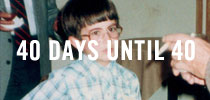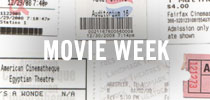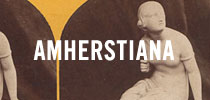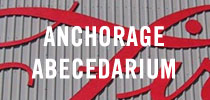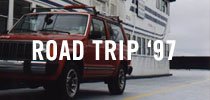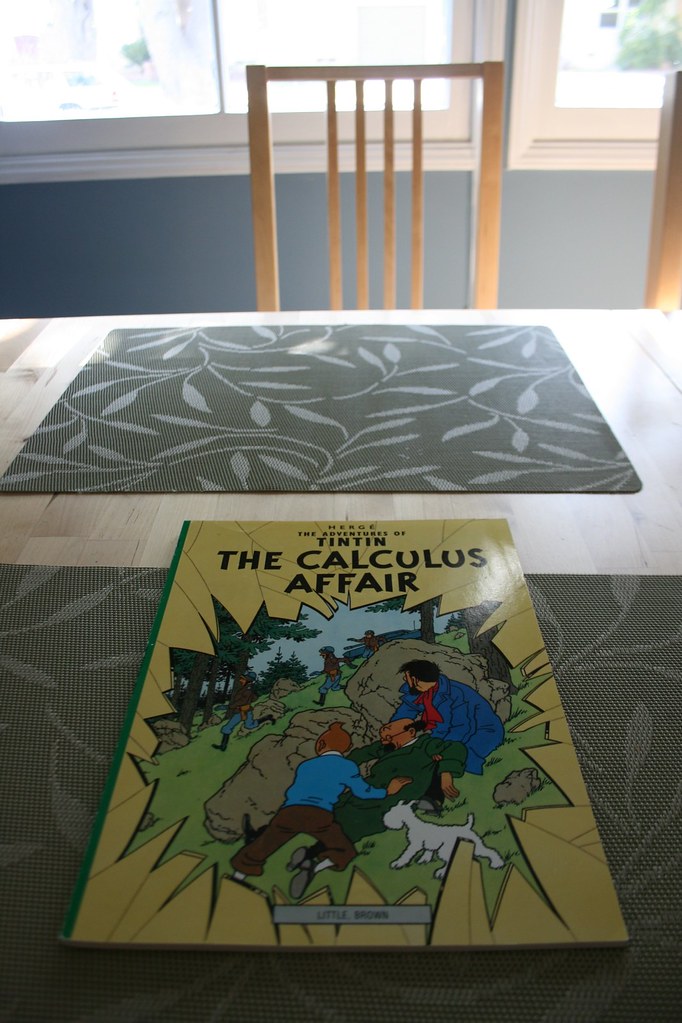
Another disjointed day at jury duty means I read this book at the table at home, rather than at lunch in some Santa Monica location as usual. The Calculus Affair may be my favorite Tintin book, a page-turning political adventure full of action and intrigue, hidden foes and tight escapes. The book returns to the conflict between the Balkanesque states of Syldavia and Borduria, and Professor Calculus, fresh off his triumph on the moon (which is referenced in this book), who becomes the target of a tug-of-war over some potentially lethal technology.
Like the previous few books, The Calculus Affair features a number of great quarter-page and half-page panels with riotously busy scenes: the media circus camped outside Marlinspike Hall, or the crazy Italian driver careening through the town square on market day, links of sausage draped over his hood. The use of framing in this book is particularly nice, when Hergé really closes in on a scene like a cameraman would, cutting off extraneous parts of the image and narrowing our focus on what he wants us to see.
In addition to the fictitious countries, Hergé also set much of the book in various cities in Switzerland, and the detailed depictions of Geneva and Nyon are terrific. Apparently visitors to the Hotel Cornavin ask to stay in Professor Calculus’ room, which doesn’t actually exist. I once found a pin depicting the Hotel Cornavin on the ground in London. What are they chances? It was like something out of a Tintin book… Hergé (and his English translators) continue to have fun with names, like the Bordurian flunkies Kronick and Klumsi, and the Hotel Sznorr, as it’s written in the dialogue, or Zsnorr, as it’s illustrated – a rare misstep.
The last stock figure of the Tintin world, motor-mouth insurance salesman Jolyon Wagg, is introduced in this book. His stories are full of bluster and blowhard phrases; when he describes his uncle Anatole as a “proper caution,” though, I’m not exactly sure what he’s saying.
I remember asking Dad who Jack Brabham was when Haddock remarked “They must have a Jack Brabham at the wheel,” one of the few times a real-life personality is mentioned in the series. Sherlock Holmes, of course, is mentioned yet again, adding to his tally.
While the story is rife with political intrigue, it’s not all serious; one of the most entertaining passages in the book is a intercut set of scenes in which Captain Haddock struggles to rid himself of a sticky piece of tape, while the Bordurian operatives are having trouble with a bad phone connection. Depicting mounting frustration was one of Hergé’s strong suits, and the combination of image and dialogue in this scene is hilarious.


